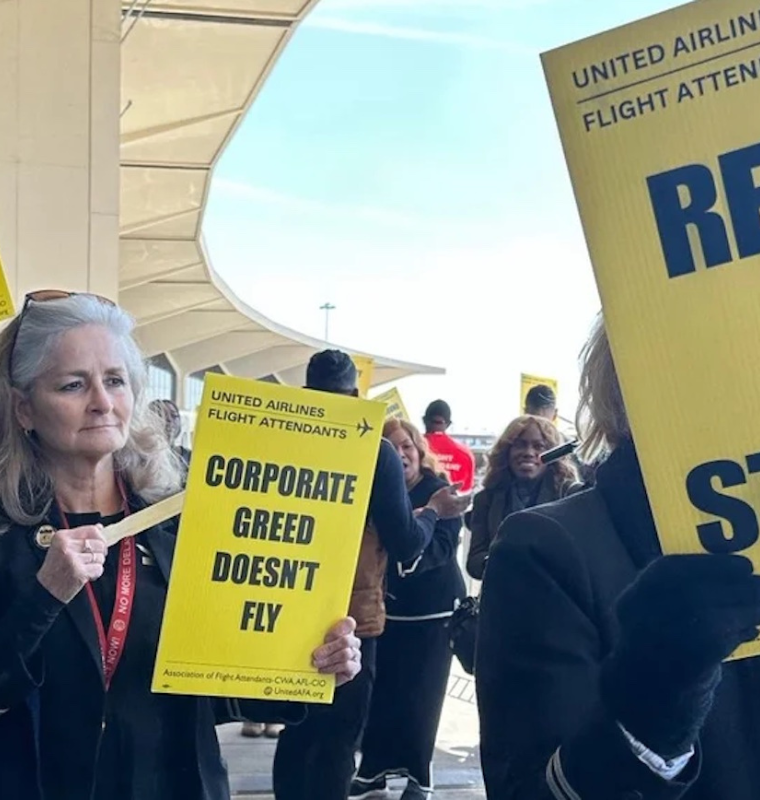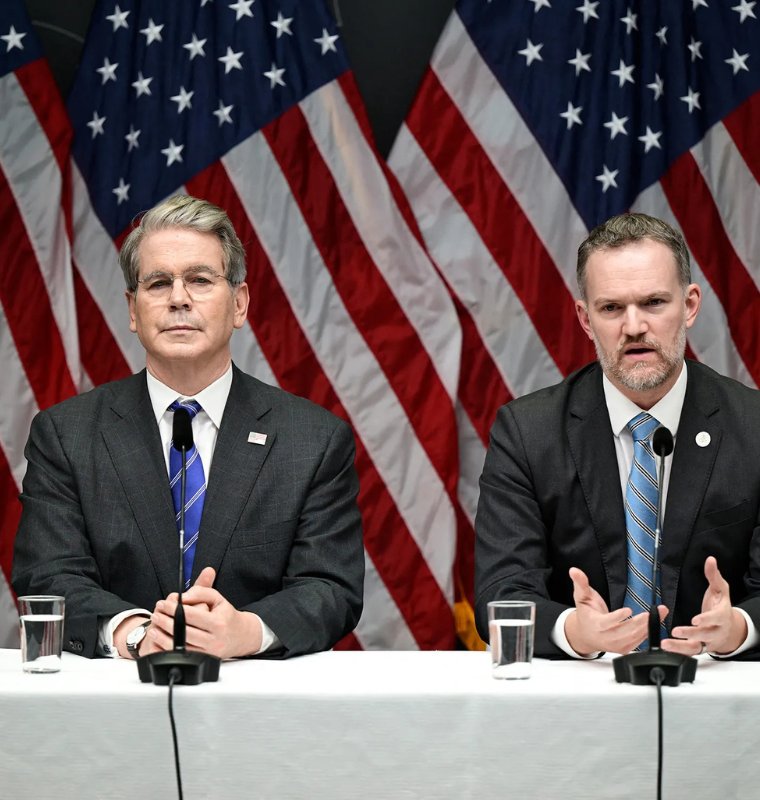China Rebukes U.S. Over Geneva Trade Deal Claims, Blames Washington for Undermining Global Consensus
China Rebukes U.S. Over Geneva Trade Deal Claims, Blames Washington for Undermining Global Consensus
By
Junia Wells
Last updated:
June 2, 2025
First Published:
June 2, 2025

Photo: NBC Bay Area
U.S.-China Trade Tensions Escalate Again Amid Geneva Deal Fallout
In a sharp escalation of rhetoric, Beijing on Monday dismissed Washington’s accusations of breaching a Geneva-based trade pact, instead turning the spotlight on the United States for allegedly undermining bilateral trust and violating the spirit of the agreement. The latest developments mark a significant setback for trade diplomacy between the world’s two largest economies.
Geneva Accord Breakdown: China Denies Violations, Blames U.S. for Breach
China’s Ministry of Commerce forcefully responded to U.S. allegations that Beijing had violated commitments from the recent Geneva meeting between U.S. Treasury Secretary Scott Bessent and Chinese Vice Premier He Lifeng. The pact, initially intended to de-escalate tensions, had led to a temporary 90-day suspension of select tariffs.
Now, both sides are exchanging blame, with Beijing asserting that Washington’s new tech export bans and visa restrictions “seriously undermine the consensus” reached during the Geneva talks. The spokesperson warned that China would “take all necessary steps to safeguard its economic interests” if provoked further.
U.S. Tightens Tech Exports, Targets Chinese Students
In recent weeks, the Trump administration has aggressively expanded its economic pressure campaign, tightening restrictions on semiconductor design software and essential manufacturing chemicals destined for China. At the same time, new visa rules have been announced that disproportionately affect Chinese graduate students in STEM fields—especially those in AI, quantum computing, and aerospace.
This double-pronged approach has incited strong responses from Beijing, which accuses the U.S. of using economic coercion to suppress China’s technological rise.
Rare Earths and Minerals: A Hidden Front in the Trade War
The friction has also spilled over into critical resources. China—which supplies over 60% of the world's rare earth elements—has tightened control over mining and exports of these strategic minerals. U.S. officials had expected China to loosen restrictions under the Geneva agreement. Instead, state media in China this week highlighted new crackdowns on illegal mining and intensified efforts to centralize oversight of the rare earths industry.
“The U.S. gambled on rare earths concessions, but Beijing is holding the line,” noted Bert Hofman, Director at the East Asian Institute in Singapore. “From China's perspective, concessions today won’t prevent pressure tomorrow.”
Expert Opinions: “No Reason for China to Back Down”
According to Stephen Olson, a visiting senior fellow at the Yusof Ishak Institute, Beijing’s approach is deliberate. “China sees these talks as a temporary pause, not a long-term fix,” he explained. “They are comfortable adopting a firm stance because they’ve learned that U.S. policy is fragmented and unreliable.”
This observation was echoed by Dennis Wilder, former White House National Security Council official, who warned that the U.S. approach suffers from internal disarray. “Bessent may not even be fully looped into the decision-making on chip exports and visas,” he said, citing the recent downsizing of the U.S. National Security Committee under Trump’s orders.
Trump’s Public Outburst and China’s Retort
Tensions surged further last Friday when President Donald Trump posted on social media, accusing China of “TOTALLY VIOLATING” its trade agreement obligations. In response, China’s commerce ministry released a detailed statement saying the accusations were “contrary to facts,” emphasizing that China had already canceled or suspended a list of tariffs and regulatory barriers in response to earlier U.S. measures.
Trump’s frustration appears rooted in Beijing’s slow movement on lifting rare earth export controls, which Washington views as a key litmus test of China's compliance with the Geneva pact.
A Trump-Xi Call? Unlikely in the Near Term
Bessent hinted in a recent Fox News interview that a direct conversation between President Trump and President Xi Jinping might be necessary to break the stalemate. However, experts believe such a call is unlikely.
“Trump wants to be seen as the ultimate dealmaker,” Hofman said. “But Chinese diplomacy prefers that top-level talks only occur after working-level teams have finalized most of the terms. That’s simply not the case here.”
The National Economic Council Director Kevin Hassett suggested over the weekend that a Trump-Xi conversation could occur as early as this week, but Chinese sources have given no indication of interest in initiating such a call.
Defense Summit Adds Fuel to the Fire
Trade isn’t the only battleground. At the Shangri-La Dialogue in Singapore, U.S. Defense Secretary Pete Hegseth described China’s military threat in the Indo-Pacific as “real and imminent,” urging allies to increase their defense budgets.
China’s Defense Minister conspicuously skipped the summit—the first such absence since 2019—adding symbolic weight to the growing diplomatic freeze. In response to Hegseth’s remarks, China’s embassy in Singapore called the U.S. the “biggest troublemaker” in the region and accused Washington of inciting a new Cold War.
A Deepening Divide with Global Consequences
The latest tit-for-tat actions between the U.S. and China reflect a broadening and deepening rift that spans trade, technology, defense, and diplomacy. While Geneva offered a brief moment of optimism, the escalating rhetoric and aggressive policy moves suggest that resolution may be far off.
As both sides dig in, global markets, multinational corporations, and regional allies will be watching closely—aware that the fallout from this superpower rivalry could reshape the economic and geopolitical landscape for years to come.
Popular articles
Subscribe to unlock premium content
Fashion Waste and Sustainability in Fast Fashion Are Forcing a Global Industry Reboot
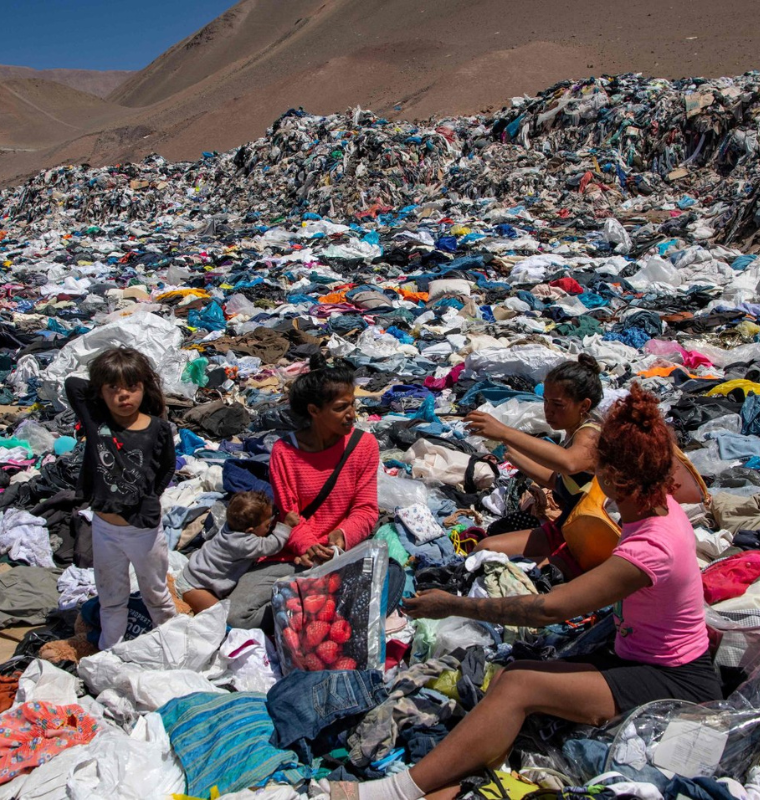
The Rise and Fall of Argentina’s Economy Reflects a Cycle of Promise and Crisis
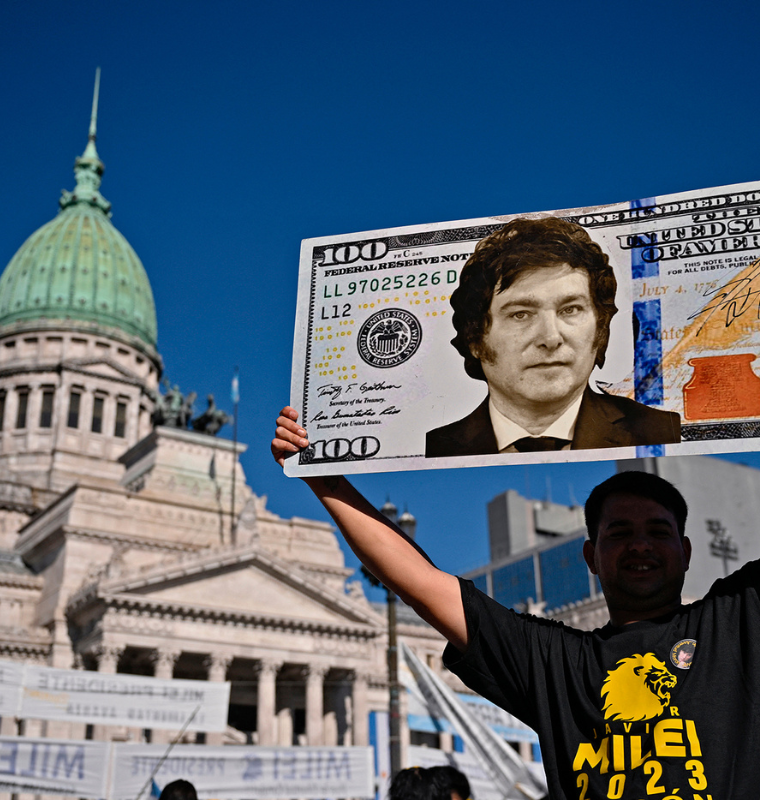
Vietnam’s Manufacturing Boom Is No Accident and It’s Just Getting Started
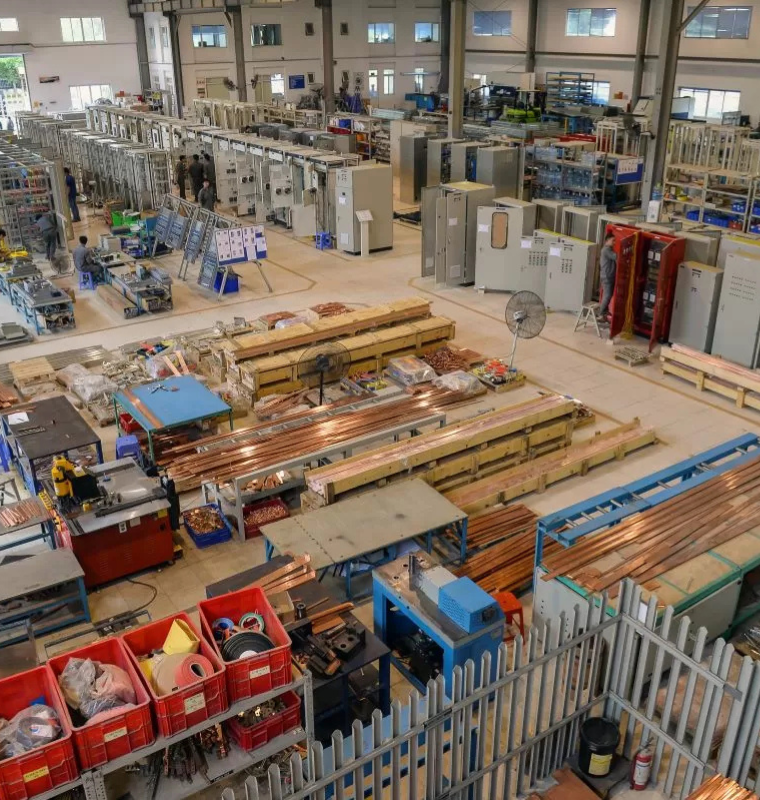
Fashion Waste and Sustainability in Fast Fashion Are Forcing a Global Industry Reboot

The Rise and Fall of Argentina’s Economy Reflects a Cycle of Promise and Crisis

Fashion Waste and Sustainability in Fast Fashion Are Forcing a Global Industry Reboot








